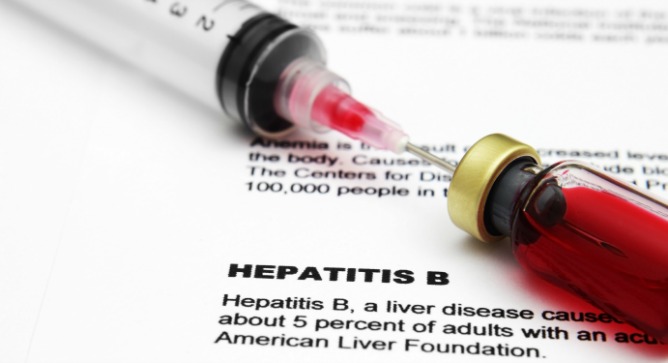AMID the fears, panic and devastation of the COVID-19 pandemic, there is also viral hepatitis which continues to claim thousands of lives every day, and it is a health issue that international and regional bodies, as well as governments, throughout the world need not lose sight of.
Viral hepatitis, or simply hepatitis, is a liver inflammation due to a viral infection. It may be present in acute form as a recent infection with relatively rapid onset, or in a chronic form.
The most common causes of viral hepatitis are the five main strains or unrelated hepatotropic viruses hepatitis A, B, C, D and E.
Hepatitis A, which is a viral liver disease that could cause mild to severe illness, is transmitted through ingestion of contaminated food and water or through direct contact with an infectious person.
Hepatitis B, a viral infection that attacks the liver, is most commonly transmitted from mother to child during birth and delivery.
Hepatitis C, a major cause of liver cancer, is a bloodborne virus, while Hepatitis D virus (HDV) is a virus that requires Hepatitis B virus (HBV) for its replication.
![]()
The liver is a vital organ that processes nutrients, filters the blood and fights infections.
Experts say when the liver is inflamed or damaged, its function can be affected.
The World Health Organisation (WHO) initiated the World Hepatitis Day as a global awareness campaign to entirely eradicate hepatitis from the world.
Earlier in 2004, patient groups of European and Middle Eastern regions celebrated it as International Hepatitis C Awareness Day.
In other regions, people celebrated it as Hepatitis Day on different dates.
Then, in 2008, the World Hepatitis Alliance, in association with patient groups, declared May 19 as the first World Hepatitis Day.
The date was later changed to July 28 by the World Health Assembly in May 2010.
The name of the day remained World Hepatitis Day. The focus was to spread awareness about hepatitis on a national and international level.
July 28 was chosen as World Hepatitis Day to honour a man who discovered the Hepatitis B virus, Nobel Laureate Baruch Samuel Blumberg, on his birth anniversary.
Currently, more than 100 countries worldwide celebrate the day with different effective activities.
During the 69th World Health Assembly held in 2016, governments throughout the world committed to eliminating viral hepatitis by 2030.
This year’s theme, “Hepatitis-free future,” has a strong focus on preventing Hepatitis B among mothers and newborns.
In an address to mark the occasion, the Director-General of the WHO, Dr Tedros Adhanom Ghebreyesus, said “even in the midst of the COVID-19 pandemic, we must ensure that mothers and newborns have access to life-saving services including Hepatitis B vaccinations".
He announced new guidelines being launched by the WHO for the prevention of mother-to-child transmission, including through antiviral prophylaxis.
The Mirror, therefore, supports the Director-General on his call on countries – especially those with the highest burden – to implement these new WHO guidelines as an important stepping stone on the road to hepatitis elimination.
We are happy that the new research led by the WHO and the London School of Hygiene and Tropical Medicine has showed that together we have achieved the global target set in 2000 to reduce the prevalence of Hepatitis B infections in children under five years of age to less than one per cent by 2020.
![]()
The paper also learns that although some progress has been made, it has been uneven and noted that the task had been made harder by COVID-19.
We also share in the view that COVID-19 has illustrated that health is not a reward for development, but a foundation for development.
The Mirror couldn’t have agreed more with the World Health Alliance, as Ghana joins the rest of the world to commemorate the 2020 World Hepatitis Day which fell last Tuesday, July 28 that "newborn lives matter" and therefore the need for action to reform health policy particularly the funding of hepatitis services and the prevention of mother-to-child transmission.
Now more than ever, there is need for concerted effort by all, to build on the gains achieved so far and totally eradicate hepatitis from Ghana and globally.
Liver health is health indeed, let’s work towards preserving the health and functioning of our livers.

